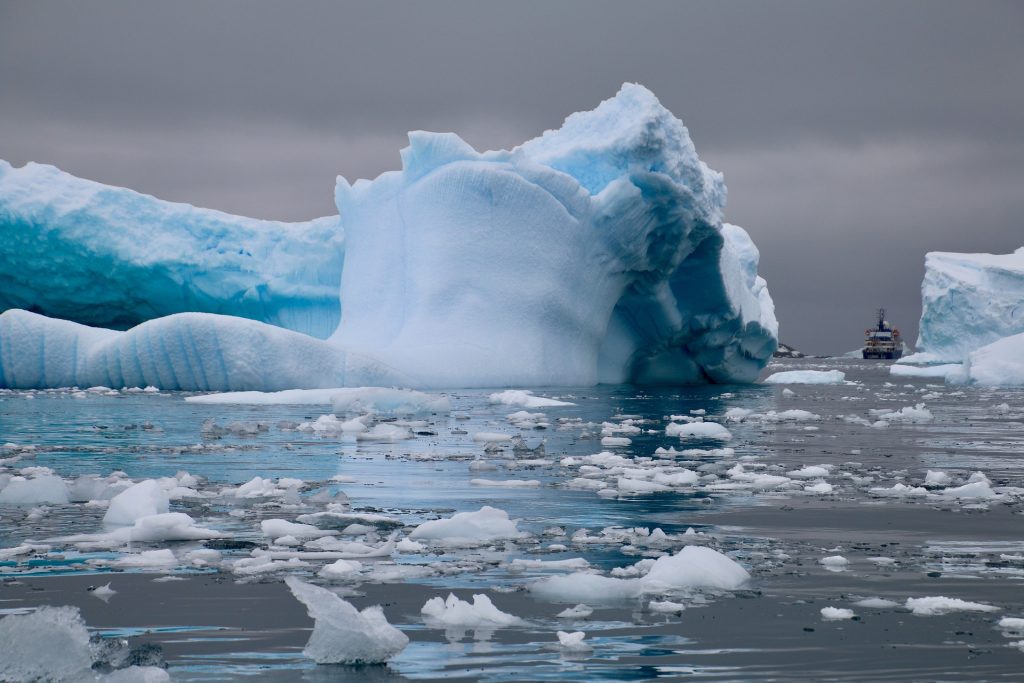Antarctic ice cores reveal the fastest rise in CO2 levels in 50,000 years.
Others are reading now
Beneath the frozen expanses of Antarctica, ice cores spanning 50,000 years have unveiled an unsettling truth: arbon dioxide (CO2) levels in our atmosphere are increasing faster than ever before.
As reported by WP Tech, researchers at Oregon State University have found that today’s CO2 rise is happening 10 times more quickly than at any time in the last 50,000 years.
Human activity is the main driver of this change, which is fueling the ongoing climate crisis.
Also read
CO2 Rising at Unprecedented Speed
Historically, natural events like the Heinrich Event caused CO2 levels to increase by about 14 parts per million (ppm) over 55 years.
Today, similar increases are happening every 5–6 years—a tenfold acceleration. This rapid change is disrupting global systems like ocean circulation and weather patterns, intensifying the effects of climate change.
Christo Buizert of Oregon State University explained that these shifts are releasing more CO2 from the oceans, creating a cycle that could further destabilize the climate.
Windows to the Past
Ice cores from Antarctica act like time capsules, preserving the atmosphere’s history in tiny air bubbles. These samples provide important insights into how CO2 levels have changed over millennia.
Although the oldest ice samples date back millions of years, scientists are focusing on more recent data, which shows the sharp increase in CO2 due to human activity.
Kathleen Wendt from Oregon State University emphasized that the current CO2 rise, which reached 426 ppm in 2023, is the fastest on record. While natural weather patterns like El Niño may contribute, human emissions are the primary cause.
The Southern Ocean, a critical absorber of CO2, is losing its ability to store the gas effectively. This change is disrupting ocean circulation and could worsen global warming. As the ocean’s ability to absorb CO2 declines, its role in regulating the planet’s climate weakens, adding to the challenges of combating climate change.


